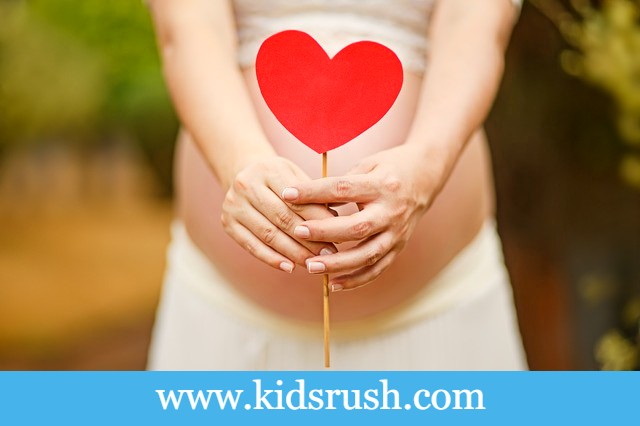The body of the future mother begins to send signals that give rise to a suspicion of pregnancy. The confirmation will be made through a conventional pregnancy test sold in pharmacies, which serves to indicate if the woman is pregnant by analyzing a specific hormone in the woman’s urine, the hormone chorionic gonadotropin. Confirmation can also be obtained through a blood test. In general, these tests should be performed at least one week after the delay of the rule, period, or menstruation, so that the hormonal levels are high enough to give more reliability to the results. If you still did not get pregnant then you must read our article about How to get pregnant fast: 11 tips to increase chances. Now, In this article, we will talk about the first month of pregnancy. So let’s start!
Read Also: What is an intrauterine pregnancy?
Guide to Prenatal Care in the First Month of Pregnancy

Due to hormonal changes in her body, the pregnant woman may experience:
- Fatigue
- Nausea and vomiting
- An increase in the volume of the breasts
- More urge to urinate (due to the increased uterus putting pressure on the bladder)
- Some pelvic discomfort
- An exaggerated sense of smell
The action of hormones will also cause emotional instability in the woman. Even if you are happy that you wanted your child, you may also feel nervous, insecure, and fearful.
Before getting pregnant, supplement the diet with folic acid or vitamin B9, as it is very effective in reducing the risk of neural tube birth defects, which affect the brain and spinal cord development. Visit your doctor as soon as you think you are pregnant or in the first month of pregnancy since during the first 8 weeks of pregnancy all the organs of your baby are formed.
The first month of pregnancy is one of the most important stages of pregnancy. The first four weeks are essential for the development of the baby since cell multiplication is beginning and therefore the formation of the baby. Everything or almost everything that the pregnant woman does will affect the health of the baby that she carries inside her uterus. If you smoke, it is best to stop for the sake of your baby. Remember that your health will depend on the balanced diet you follow, how you take care of yourself, and your emotional state. We recommend you to read another article that describes Ectopic pregnancy: Causes, Symptoms, and Treatment very briefly.
Fertilization marks the beginning of the first month of pregnancy

After the fertilization of the ovum by the sperm, the cells begin to divide and multiply. The egg reaches the uterus and implants itself in the uterine cavity. The zygote that has been formed with the genetic information of the parents’ cells, continues to multiply until it forms an embryo. This one gradually acquires the appearance of a disc. The neural tube is formed and a bulging limb begins to be seen: the head.
The pregnancy hormones secreted by the woman’s body set in motion a complex mechanism that will be responsible for providing the embryo with everything necessary for it to develop within the mother’s womb. Food supply is one of the priorities and for this reason, the placental is one of the first organs to form thanks to a hormone called Human Chorionic Gonadotropin, the hormone that is detected in pregnancy tests.
The embryo during the first 8 weeks of pregnancy
During the first 8 weeks of pregnancy, the baby is an embryo. The buttons on the extremities appear, which will grow to form the arms and legs. The heart and lungs begin to form. The heart begins to beat on the 25th day. The neural tube, which becomes the brain and spinal cord, begins to form. At the end of the first month of pregnancy, the embryo measures approximately 9 mm and weighs 0.5 g.

